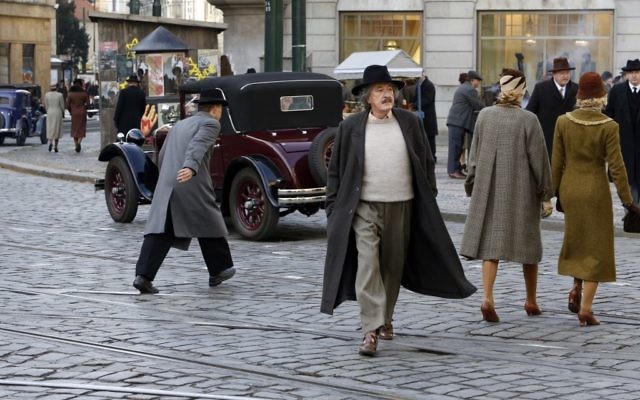The Broken Relationship in Einstein’s Relativity
Unfulfilled promises and dreams are among the setbacks for Mileva Maric while living under Einstein's shadow.

Using research gathered from love letters, friendly letters and published works, Marie Benedict writes a story about a brilliant young woman, Mileva Maric, a gifted physics student whose ambitions were never realized, in “The Other Einstein.”
Born with a limp, Mileva comes to believe that no man will find her desirable as a wife. She is encouraged by her father, who sees her early brilliance, to be independent and pursue a career.
She meets young Albert Einstein at the Swiss Federal Polytechnic, a male-dominated, prestigious university in Zurich, and is pursued endlessly by him. Albert is amazed and awed by her mathematical abilities and passion for science.
They have an affair, and a young girl is born from this union. Albert initially turns his back on Mileva and their young daughter because he believes them to be a liability toward obtaining a job. Later, when he is more secure in his career, he proposes marriage.
Entering into a marriage based on love with the promise of scientific collaboration and research, Mileva leaves their young daughter with her parents. Distraught when the little girl dies from scarlet fever, Mileva, not Albert, develops the original theory of relativity in response to her grief, according to Benedict’s novel.
Mileva works alongside Albert to develop the mathematical formulas to support the theory, but, to her amazement and disappointment, her name is left off the published papers. This failure to acknowledge her contributions and brilliance is typical of the couple’s life together.
Mileva meets young Marie Curie, a woman she admires who is able to pursue both her scientific dreams and her family. Marie questions why Mileva has not pursued her scientific passions.
“I have no idea how the division of labor works between you and Albert,” Marie says, “but my husband fostered my career.”
After that meeting, Mileva is forced to face the fact that she will always be in her husband’s shadow, whether he is romancing other attentive women or doing the scientific research she dreamed of doing herself.
Author Benedict, who will be at the Book Festival of the Marcus Jewish Community Center on Nov. 10, writes a fast-paced novel with believable characters while claiming to stay as close to history as possible.
Certainly Mileva — hungry for love, flattered by brilliant young Albert’s attention, devastated by the loss of their daughter and reflective of the times — is presented as a woman of such unfulfilled promise and potential. It is easy to believe that self-absorbed Albert, trying to change the world’s understanding of scientific law and gain fame, might seek other women, as Mileva grew bitter and angry with frustration.
This is a new angle on the Einsteins, and one wonders how different Mileva’s path might have been if she had been born a century later. “I suffered silently when my desires did not match his,” she writes in a letter Aug. 4, 1948. “Like the sacrifice of my professional ambitions for his stellar rise.”




comments